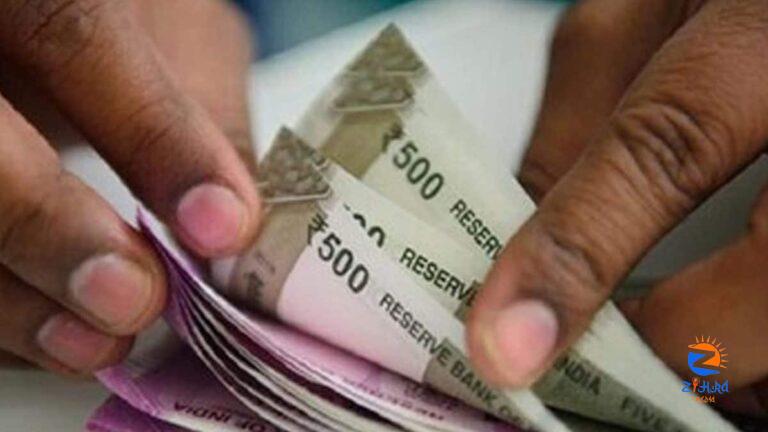
[ad_1]
The Department of Pension & Pensioners Welfare (DoPPW) has recently revised the General Provident Fund (GPF) withdrawal rules for government employees. GPF is a retirement benefit scheme for all Central and state government employees.
As per the revised rules the GPF subscribers can now request cash withdrawals without any supporting documents by filling a form justifying the reasons for withdrawal. As a GPF investor you should be aware of when and how to withdraw.
The DoPPW recently issued an office memorandum dated October 20, 2023, specifying the GPF withdrawal rules. Being a retirement benefit plan, premature GPF withdrawals are not allowed. However, the subscribers can withdraw advance from GPF accounts under certain conditions.
What are the GPF withdrawal rules?
Withdrawals from the GPF are permitted for the following purposes:
● To cover education expenses for children across primary, secondary, and higher education levels in all streams and institutions.
● Statutory Expenses – This involves betrothed, marriage, burial, or other ceremonies for the self, family members, and dependants.
● Medical expenses for certain illnesses for selt, spouse, or dependants.
● Purchase of consumer durables.
Subscribers of GPF can withdraw, for these purposes, up to twelve months’ salary or three-fourths of the outstanding amount, whichever is less. Nonetheless, for illness, withdrawal may be approved up to 90% of the amount on the subscriber’s total credit amount. After ten years of investment in the GPF scheme, the subscribers become eligible for withdrawal.
In addition, GPF subscribers can also withdraw funds for the following purposes:
● Housing, including construction or purchase of a decent house or readymade flat for accommodation.
● Clearing of housing loans.
● Purchase of a house site for construction of a house
● Building a house or putting up a structure on an acquired site.
● Refurbishing the house previously acquired or putting up additions to it.
● Renovating, making additions, or alterations to their ancestral house.
For such housing related purposes, the subscribers of GPF are allowed to withdraw up to 90% of the outstanding amount. The department has removed the need for a refund to the amount withdrawn upon sale of a home, and the withdrawal is no longer tied to HBA regulations.
Additionally, GPF subscribers can withdraw money for the following purposes:
● The payment of an automobile, a loan for it or even for purchasing a motorcycle or a scooter etc.
● Extensive repair or rebuilding of a vehicle.
● To deposit a booking of a car, motorcycle, scooter, moped, etc.
These may include the subscriber being able to withdraw three-quarters of the total amount or the value of the vehicle, whichever is less. It can be made after being in service for ten years or up to 90% without reasons.
In all cases, the Head of Department can authorise withdrawal without any document. A short statement from the subscriber is sufficient and justifiable enough, explaining why they would like to withdraw.
[ad_2]